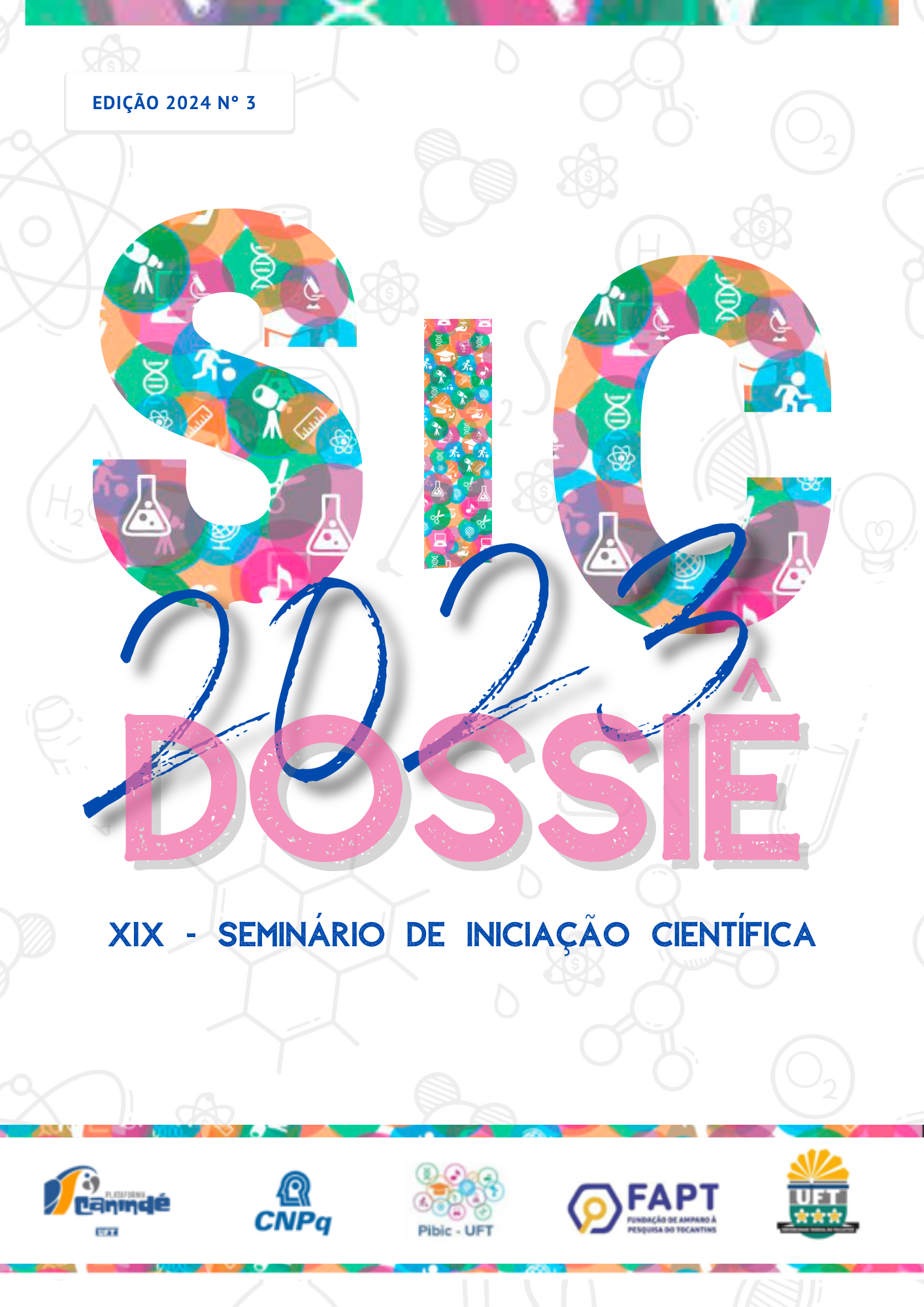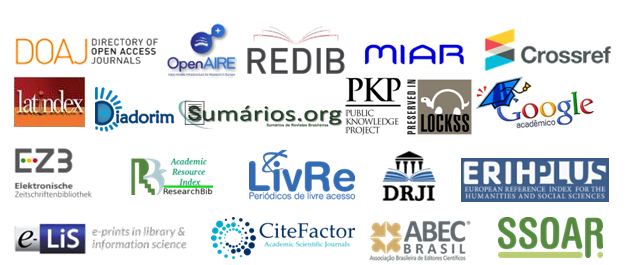MICROBIAL FUEL CELLS AS AN ALTERNATIVE FOR THE TREATMENT OF WASTEWATER IN CONNECTION WITH ENERGY GENERATION
DOI:
https://doi.org/10.20873/2024_v3_6Resumo
Concerns over environmental protection have increased in recent years, leading to a search for new renewable energy sources for minimizing anthropological damage to both atmosphere and water bodies. Microbial Fuel Cells are inserted in such a context, since they can reduce the organic load of an effluent concomitantly with the production of bioelectricity. This study investigated three different sources of microorganisms, evaluating parameters such as carbon source concentration and temperature in energy efficiency. The electrical current generated by microbial activity in the oxidation of organic matter was monitored additionally with ionic conductivity and pH of the medium. Chemical Oxygen Demand was also determined towards an evaluation of the removal of organic matter. The Microbial Fuel Cell inoculated with Activated Sludge showed higher electrical current in comparison to other studies from the literature and a greater generation of electrical current and a high influence of conductivity on that efficiency was observed at 36 °C. As a conclusion, Microbial Fuel Cells can operate at both 4.0 gL-1 (COD mgO2 3,886.728) and 3.0 gL-1 (COD mgO2 3,124.573).
Downloads
Publicado
Como Citar
Edição
Seção
Licença
Copyright (c) 2024 Fábio Rodrigo Freitas, Elki Cristina Souza

Este trabalho está licenciado sob uma licença Creative Commons Attribution-NonCommercial 4.0 International License.
Autores que publicam nesta revista concordam com os seguintes termos:
1. Autores mantém os direitos autorais e concedem à revista o direito de primeira publicação, com o trabalho simultaneamente licenciado sob a Creative Commons Attribution License (CC BY-NC 4.0), permitindo o compartilhamento do trabalho com reconhecimento da autoria do trabalho e publicação inicial nesta revista.
2. Autores têm autorização para assumir contratos adicionais separadamente, para distribuição não-exclusiva da versão do trabalho publicada nesta revista (ex.: publicar em repositório institucional ou como capítulo de livro), com reconhecimento de autoria e publicação inicial nesta revista.
3. Autores têm permissão e são estimulados a publicar e distribuir seu trabalho online (ex.: em repositórios institucionais ou na sua página pessoal) a qualquer ponto posterior ao processo editorial.
4. Além disso, o AUTOR é informado e consente com a revista que, portanto, seu artigo pode ser incorporado pela DESAFIOS em bases e sistemas de informação científica existentes (indexadores e bancos de dados atuais) ou a existir no futuro (indexadores e bancos de dados futuros), nas condições definidas por este último em todos os momentos, que envolverá, pelo menos, a possibilidade de que os titulares desses bancos de dados possam executar as seguintes ações sobre o artigo:
a. Reproduzir, transmitir e distribuir o artigo, no todo ou em parte sob qualquer forma ou meio de transmissão eletrônica existente ou desenvolvida no futuro, incluindo a transmissão eletrônica para fins de pesquisa, visualização e impressão;
b. Reproduzir e distribuir, no todo ou em parte, o artigo na impressão.
c. Capacidade de traduzir certas partes do artigo.
d. Extrair figuras, tabelas, ilustrações e outros objetos gráficos e capturar metadados, legendas e artigo relacionado para fins de pesquisa, visualização e impressão.
e. Transmissão, distribuição e reprodução por agentes ou autorizada pelos proprietários de distribuidoras de bases de dados.
f. A preparação de citações bibliográficas, sumários e índices e referências de captura relacionados de partes selecionadas do artigo.
g. Digitalizar e / ou armazenar imagens e texto de artigo eletrônico.


